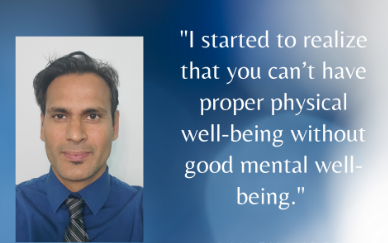Our mental health, though less tangible than physical health, bears just as much importance. Like our bodies, our minds exhibit signs of stress and illness that we need to identify and address. However, these signals often aren’t as apparent as a physical wound or a persistent cough. In fact, sometimes they can be downright subtle, making them easy to overlook or dismiss.
In a world that often relates strength to the ability to ‘push through,’ it’s crucial that we prioritize our mental health and learn to recognize signs that we might be struggling. Today, let’s consider five key indicators that could hint at declining mental health Dr Alan Emamdee.
Persistent Fatigue
Fatigue can be an indication of various mental health disorders including depression, anxiety, and other mood disorders. If you’re always feeling tired despite adequate sleep, and if this fatigue seeps into your motivation and enthusiasm levels, it may be a sign that your mental health needs attention.
Changes In Sleep Patterns
Sleeping too much or too little can be direct indications of mental stress or disorders, says Dr Alan Emamdee. You might find it hard to fall asleep, stay asleep, or wake up after ample hours of sleep. Disturbances in your regular sleep patterns that aren’t tied to evident factors might point towards mental health issues.
Unexpected Emotional Responses
If you’re reacting unusually strongly to events, or if your emotions seem disproportionate to their triggers, it could flag potential mental health decline. It might manifest as unexplainable bouts of crying, feeling overly sensitive or unusually irritable.
Loss Of Interest
If activities that used to bring you joy no longer interest you, it could be a red flag signaling a mental health concern. You might start withdrawing from social encounters, hobbies, or other usual activities.
Conclusion
Think of these signs as a gentle nudge from your mind, urging you to pay attention and take steps towards better mental health. However, remember, diagnosis isn’t merely about checklist matching. If you notice these signs persisting, turning into patterns, and affecting your daily life, it would be wise to seek help from a mental health professional. It’s okay to need help; remember, acknowledgment is the first step towards healing Dr Alan Emamdee.



